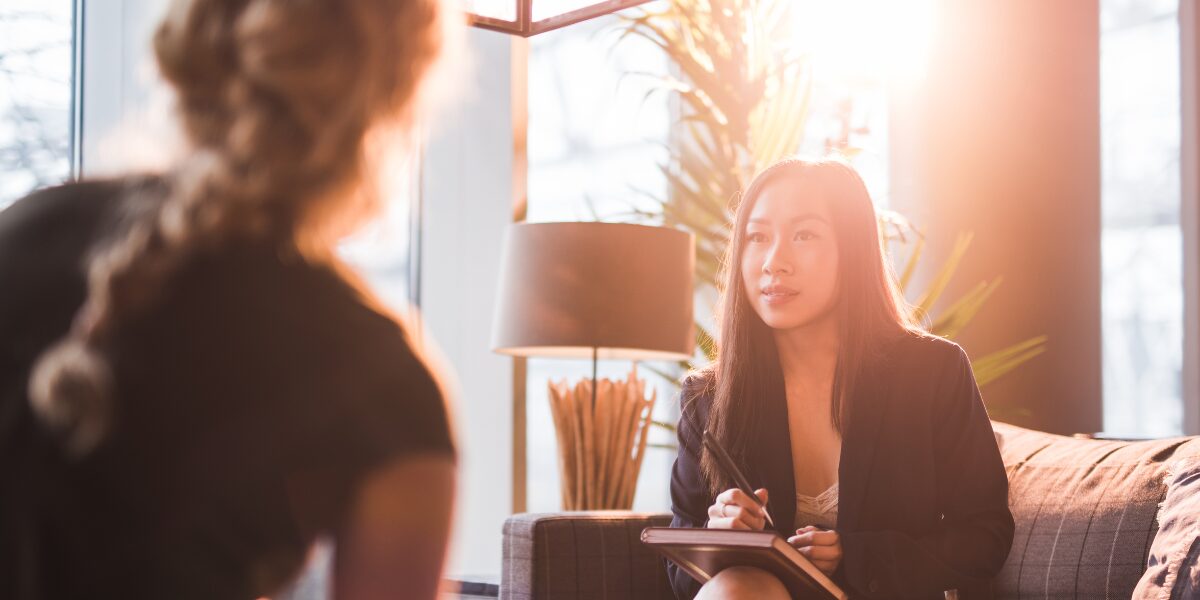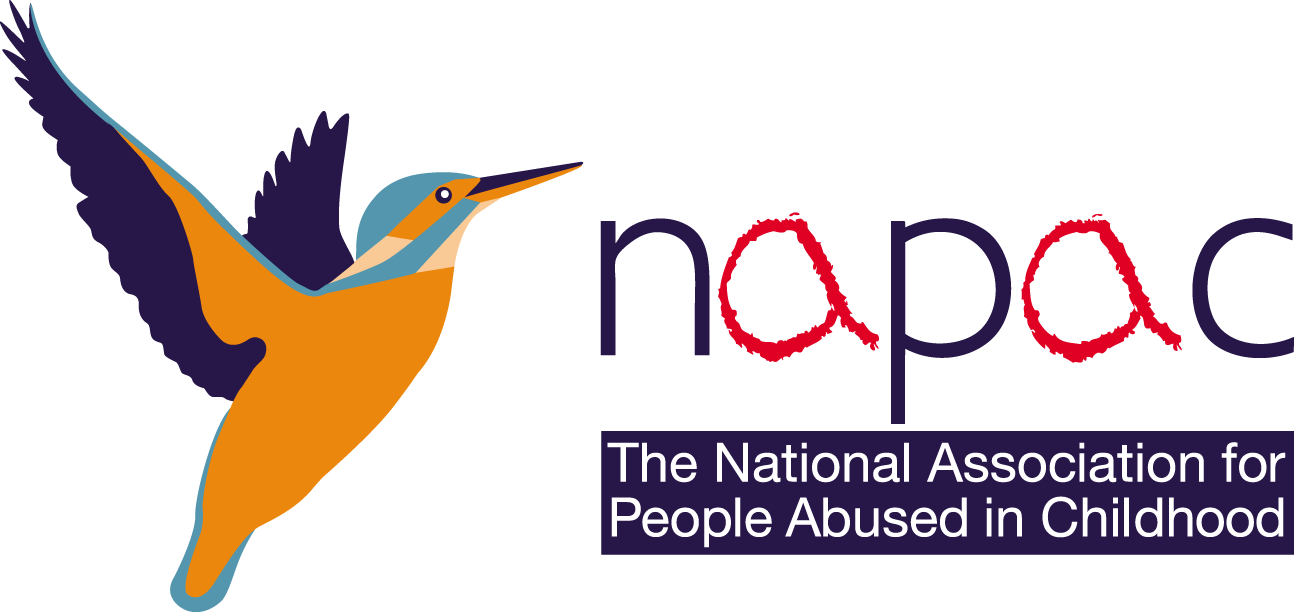
The following blog was provided by Andrew Lord, a Senior Associate Solicitor at Leigh Day representing survivors of abuse. He is also the Chair of his firm’s LGBTQ+ Committee.
February is both LGBT+ History Month and when we recognise Sexual Abuse & Sexual Violence Awareness Week here in the UK. Working for survivors of abuse every day, whilst also campaigning for my community as Chairperson of Leigh Day’s LGBTQ+ Committee, provides a unique opportunity to reflect on the some of the unique and multi-layered barriers that LGBTQ+ survivors face when speaking out about sexual abuse they endured in childhood.
IICSA’S Report
In 2022 the Independent Inquiry into Child Sexual Abuse released an engagement report considering the issues. The report, which makes for a sobering read, covers common myths, stereotypical representations, and the impact of the long reach of history.
Harmful myths highlighted by the Inquiry’s report include that a survivor’s sexual orientation or gender identity were formed as a result of abuse in childhood, and that the survivor somehow ‘invited’ the abuse. Moreover, for a community who have faced significant stigmatisation, it was noted that some news articles, such as those referring to “gay paedophiles”, conflate sexual orientation and the abuse of children. The report also references two victims and survivors who reported “having experienced or been offered conversion therapy” (conversion therapy being attempts to change a person’s sexual orientation or gender identity).
The Inquiry also heard that some environments are particularly hostile towards LGBTQ+ communities, including religious institutions, schools, sports, and families with strongly held religious or cultural beliefs. Understandably it can be even more difficult for survivors to speak out in those environments, and this issue is only amplified further when the abuser holds a position of standing in that community.
Sadly, exploitation and abuse of younger LGBTQ+ people still happens today. The report highlights how young LGBTQ+ people may be less able to seek out relationships and test sexual boundaries amongst their peers. Some young people therefore turn to online forums and apps to explore their sexual and gender identity, and where this includes dating apps they are more vulnerable to abuse. If they do suffer abuse, barriers to disclosure include feeling pressure to come out by discussing their abuse.
What can survivors do?
I know of some of these concerns from my own experience having represented a number of LGBTQ+ survivors in legal claims. So, what can survivors do?
1. Find professionals (therapists, solicitors, etc.) who understand the complexities of the barriers for LGBTQ+ survivors in speaking out, and who will hopefully feel like the right match for you in your journey.
2. Do not put yourself in a position which makes you feel as though your mental integrity will be compromised. Taking advice from professionals and knowing your options does not necessarily mean you have to follow through with a particular course or action if this does not feel right for you. Remember, this is a journey, and what’s right for another survivor might not be right for you.
3. Know you are not alone. If you do not feel you are in a position to reach out for advice on your options for seeking justice, there are support organisations out there that can offer more general support.
As somebody who represents survivors and who is also a proud member of the LGBTQ+ community, I can appreciate the hurdles survivors face. There are professionals out there who understand the unique barriers involved, and who are ready to assist in your journey whenever it feels right for you.
Andrew can be contacted at alord@leighday.co.uk or on 0203 780 0491.
